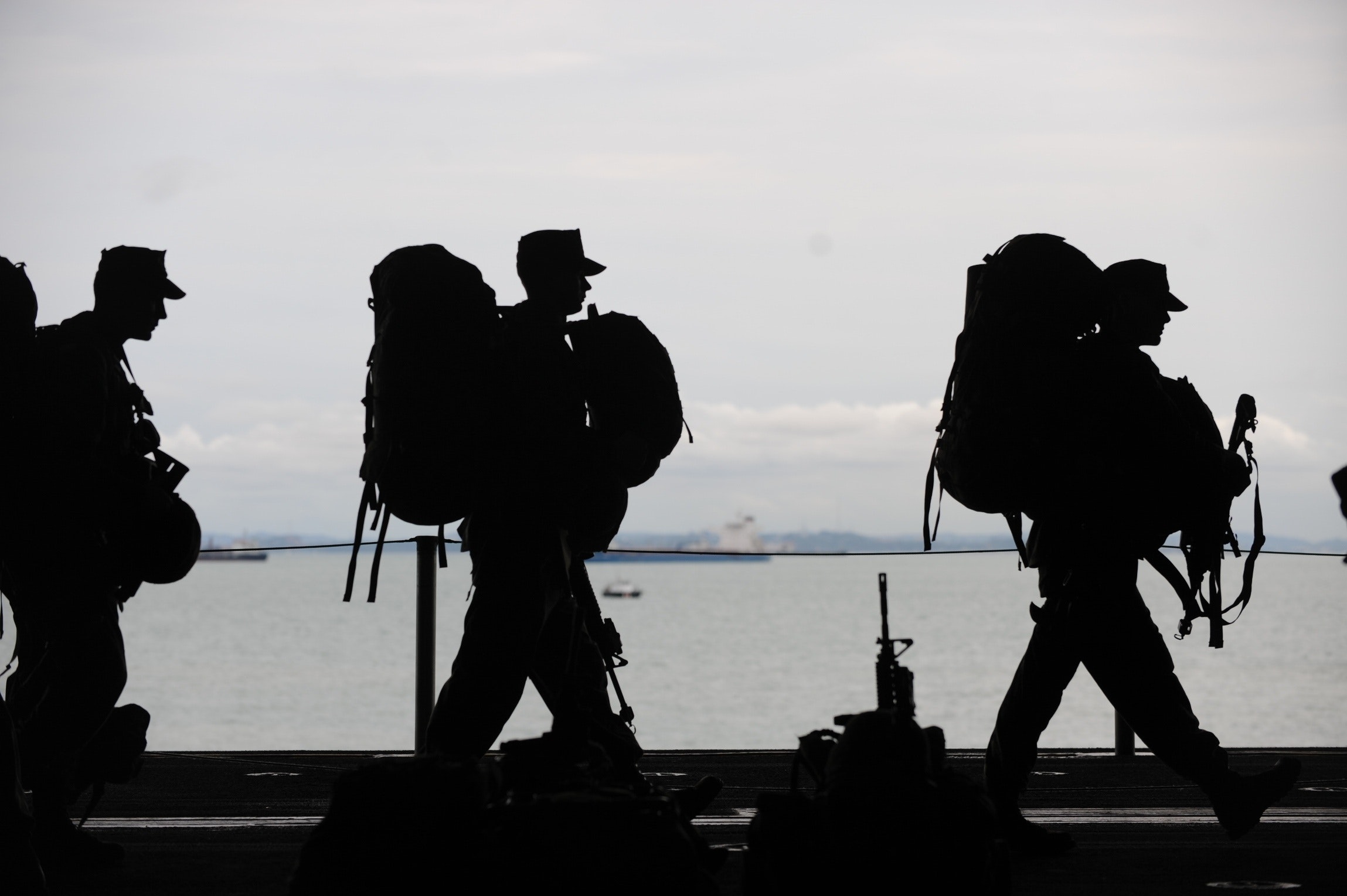How does a Buffalo Soldier became a name of brave soldiers during War? How they were treated by the
people who lead them? The singer, Bob Marley and composer Noel “King Sporty” Williams give a tribute to the
heroes who deserve to be recognized by all men. In the song Buffalo Soldier, Bob Marley expresses his
gratitude towards their forefathers who were instrumental in giving their race recognition for the African Americans to experience the freedom that they deserve.
Buffalo Soldier is a historical song that shows the perspective of a man who experienced the war in 1866
but dedicated to the regiments of African Americans who were called “Buffalo Soldier” and a great example for
postcolonial literary text. According to History, They served on the Western frontier in the American Civil War
that started in 1866. This song has the lyrics, “Stolen from Africa, brought to America” (4), this is not literally
‘stolen in Africa’, in fact, they are living in America and for them, this is a job opportunity. The American
government needs more men to fight against the country but the task of the Buffalo Soldier is not like what they
are expecting because White Americans degrade their race and ability to help them. So they are assigned to
protect the camp, and serve the white American through surveying, and mapping around their camp, but they
are not on the front lines because Westerners believe that they [African American] do not deserve to be in the
front lines and are considered to be not well-educated compared to the White Americans. Some politicians
disregard the potential of African Americans to lead over them, so they did not give them a chance to have a
position as leaders. They continue to place African Americans in segregated units. Thus, this song was made
to tell the message that Black Americans experienced discrimination from the government during the war. These
are enough reasons to say that in history, the buffalo soldiers were underappreciated because of their race which
then led to the creation of the iconic song.
Some critics believe the nickname “buffalo soldier” was given by the White Americans to compare the
bravery they showed during the war and the appearance of a buffalo which has the wooly hair are the same as
the hair of an African American. In addition, Americans do respect the value of animals, so they were called
“Buffalo Soldiers”. However, some critics believe that it shows how they were treated, such as giving a nickname
and compared to the “wooly hair” and they were offended, but some of this is not a big deal for them, the most
important is that they have a name to distinguish from history during the war. The lines, “I mean it, when I analyze
the stench / To me, it makes a lot of sense / How the dreadlock Rasta was the Buffalo Soldier” (6-8), it reveals
in the lyrics that the writer of this does not agree the name for a “buffalo” or he questioned the being of Rasta
became a Buffalo Soldier. Whether they were called the Buffalo Soldier for good or bad reasons, it doesn’t matter
because it separated them from other soldiers and gave them a name which is why their story is known to this
day.
The writer highlights the value of knowing they won’t be lost in history. It is on the lines, “If you know your
history / Then you would know where you [you’re] coming from / Then you wouldn’t have to ask me / Who the
heck do I think I am” (13-16), it only tells that as a Jamaican they are responsible to know their history and
understand what really happened in that time because it has a significant role in present times because of the
word Jamaica, “Troddin’ through Jamaica, a Buffalo Soldier” (35). The composer of this song is Bob Marley and
Noel “King Sporty” Williams are both Jamaican and this song means a tribute to fallen heroes Jamaican because
“troddin” means “walk”, walk through Jamaica. The lyrics tell the people to not forget the sacrifices of Buffalo
Soldiers to help build a great America and most importantly, build a better reputation for their race.
The main task of them is to help the Native Americans in their camp. According to History, they are the
one who made surveys, making food for the frontliners, guarding the surroundings of their camp against the
opponent’s spy or country. It was mentioned in the lines, “Buffalo Soldier, troddin’ through the land / Said he
wanna ran, then you wanna hand / Troddin’ through the land, yeah, yeah” (24-26). Even though they are not in
the front lines like what white Americans they are troddin’ through the land, protecting the settlers, and they are
building infrastructures and roads, including the first trail on the top of Mount Whitney. Furthermore, they fought
in the Spanish – American and Philippine – American War, and played a vital role for maintaining the border
during the high intensity military conflict along the US – Mexico border. “Fighting on arrival, fighting for survival”
(36), they are not just people who guard the variety of posts, but they have capabilities to fight for their country,
especially for America “Win the war for America” ( 23).
In that time of Buffalo Soldiers, during the war they were neglected by the Native Americans and did not
recognize their ability to lead them. So the composer and singer of this song, inspired to make this to portray the
bad experiences of Buffalo soldiers who deserve recognition. And they succeed to make their goals, to not forget
the history and own race.
In conclusion, whatever the real meaning behind “Buffalo Soldier” is, it made a great image in history.
The song shows how their descendants appreciate the effort that the Buffalo Soldiers did to improve the
reputation of their race which helped in giving the African Americans to be recognized. Not only the Native
American is the hero during the war, but also there are people who fought for America but underappreciated in
their time. This song is for them because they deserved to enjoy their legacy in the post-colonial era, so the next
generations can learn from them.
References:
- Buffalo Soldiers. (2017, December 7). History. Retrieved December 1, 2020, from https://www.history.com/topics/westward-expansion/buffalo-soldiers
- The Proud Legacy of the Buffalo Soldiers. (n.d.). National Museum of African American History & Culture. Retrieved December 3, 2020, from https://nmaahc.si.edu/blog-post/proud-legacy-buffalosoldiers



